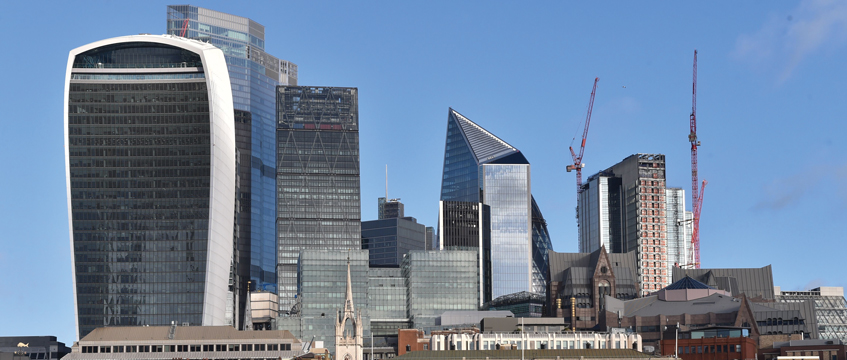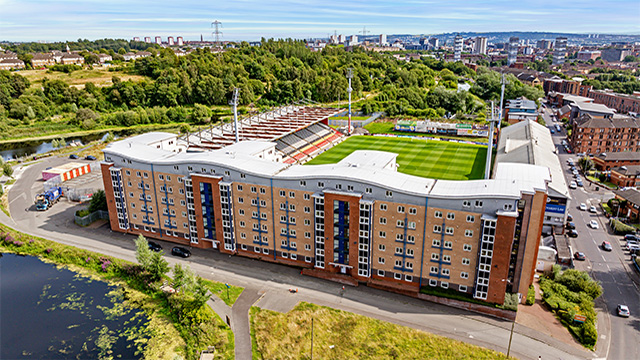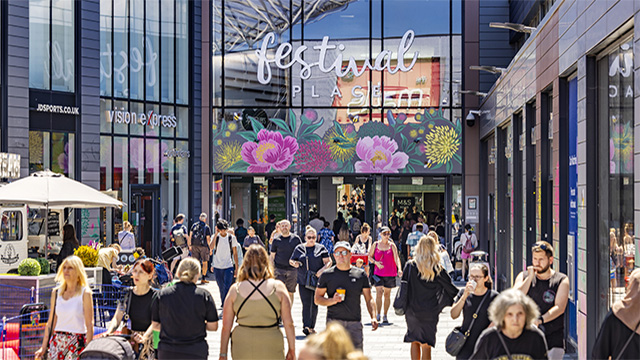London overtakes Geneva as most expensive city to build in
London has narrowly overtaken Geneva to top the rankings once again as the most expensive city in the world to build in, according to the latest research from Arcadis.
Enhanced specifications associated with building safety and sustainability have pushed prices up, according to the consultancy’s 2024 International construction costs report, which analyses 100 cities.
Peter Hogg, UK cities director at Arcadis, said the outcome reflected the “capital’s resilience in the face of challenging conditions”.
London has narrowly overtaken Geneva to top the rankings once again as the most expensive city in the world to build in, according to the latest research from Arcadis.
Enhanced specifications associated with building safety and sustainability have pushed prices up, according to the consultancy’s 2024 International construction costs report, which analyses 100 cities.
Peter Hogg, UK cities director at Arcadis, said the outcome reflected the “capital’s resilience in the face of challenging conditions”.
Hogg said: “Despite a 10% year-on-year decline in construction output and a significant 20% drop in housing, the commercial sub-sector experienced a notable 24% rise, largely attributed to retrofit activity.
“However, the capital has faced declining orders for new work since 2022, exacerbated by high interest rates impacting scheme viability and regulatory changes causing design and planning delays and cost escalations.”
Geneva was closely followed by Zurich and Munich in the rankings.
Rising costs and double-digit price growth propelled Munich up the rankings, surpassing major US cities such as New York and San Francisco in terms of relative build cost.
Elsewhere, Bristol made its debut in the top 10. Manchester, Birmingham, Edinburgh, Cardiff, Glasgow and Dublin were all in the 20 most expensive cities, while Belfast ranked 28th.
Arcadis said viability challenges continued to affect projects in the UK and Ireland, even as inflation has fallen. New regulations focused on low carbon emissions and improved building safety have also created uncertainty and added to project costs.
Uncertainty is predicted to continue this year given the upcoming local, mayoral and national elections.
Tight fiscal conditions are also expected to put pressure on the public purse, with real-terms cuts in government capital investment projected from 2025 until 2029. Moreover, the legacy of a weak order book from last year is expected to delay recovery until late 2024.
Researchers said the infrastructure sector looks set to offer the greatest opportunity, particularly in energy transition projects and regulated water networks, with a £96bn investment planned for the latter. However, capacity constraints in both sectors are likely to contribute to higher inflation and may impact the ability to deliver all projects and programmes in the period.
On a global scale, Arcadis said the construction sector is at a “pivotal moment” in its recovery, as markets stabilise and inflation eases.
Increasing demand for labour, materials and power mean that productivity is becoming an increasingly critical factor in investment decisions and project viability.
The consultancy noted that investment into the advanced manufacturing and technology sector has sped up, including data centres, pharmaceutical facilities, gigafactories and wafer fabrication facilities.
Simon Rawlinson, head of research and strategic insight at Arcadis, said: “Current plans to reduce public investment will reduce pressure on an overheated construction sector.
“With minimal GDP growth and high interest rates, many projects face viability challenges due to regulatory and election uncertainties. As fiscal conditions tighten, public/private sector collaboration is crucial for investment and urban renewal.
“Despite challenges, infrastructure, particularly in energy transition and water projects, shows promise. The cancellation of later HS2 rail phases has led to transport spending disruptions and fund reallocation.”
The 10 most expensive cities to build in:
1. London 2. Geneva3. Zurich4. Munich 5. New York City 6. San Francisco 7. Philadelphia 8. Copenhagen9. Hong Kong 10. Bristol
The 10 least expensive cities:
100. Buenos Aires99. Lagos98. Kuala Lumpur97. Nairobi 96. Bengaluru95. Johannesburg 94. Delhi93. Mumbai 92. Chengdu 91. Ho Chi Minh
Photo © Thomas Krych/ZUMA Press Wire/Shutterstock











